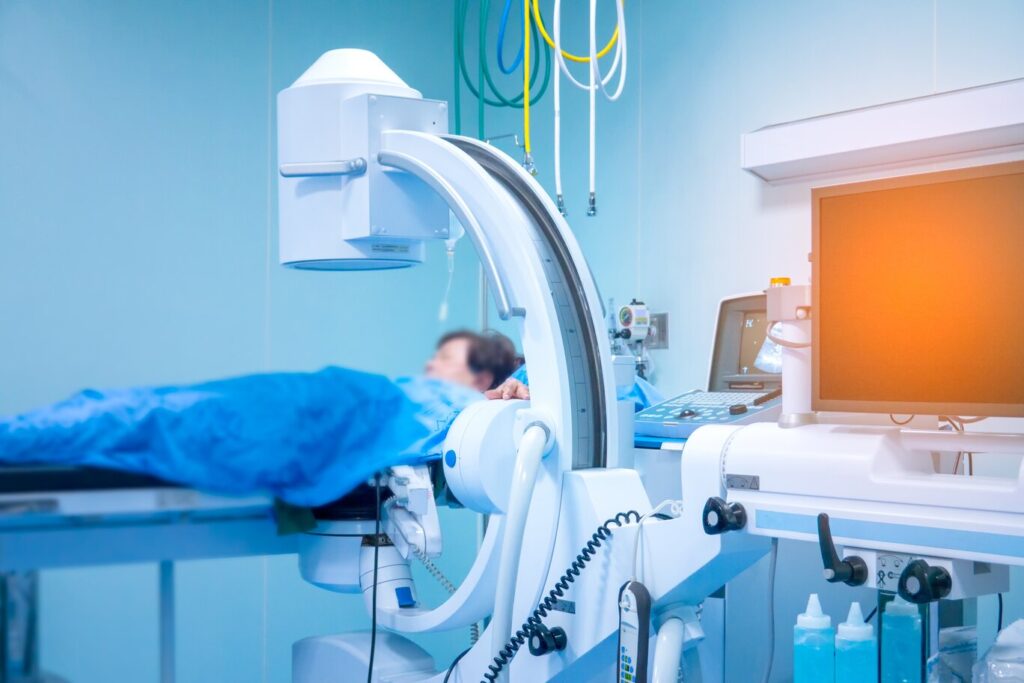
Magnetic Resonance Imaging, better known as MRI scanning is one of the most widely used medical imaging used in medical facilities for producing images of body structures of patients. The portable MRI machine and regular MRI machine uses magnetism, radio waves, and a computer to develop these images. These scans are painless and don’t involve radiation unlike in x-rays.
However, patients who use pacemakers, who have metal implants, or clips around the eyes cannot perform these exams since it uses a magnet to take the exam. In addition to that, some patients may also not be able to get MRI scans if they experience claustrophobia since the machine is closed in and requires lying down for the test.
MRI images are quite detailed and can even detect small changes of structure within the body of a patient. For some MRI procedures, practitioners use contrast agents such as gadolinium. This agent is used to increase the accuracy of the images.
The common uses of an MRI:
MRI scans can be used as an incredibly accurate method to detect diseases throughout the body. Since MRI scans are very accurate, they are used after another testing method fails to provide sufficient information for patient diagnosis.
In the brain, trauma can be seen as bleeding or swelling in the head. Other abnormalities can also be detected, such as brain aneurysms, strokes, tumors in the brain, as well as tumor or inflammation in the spine of a patient.
Neurosurgeons often use MRI scans to evaluate the integrity of the spinal cord after trauma. The scans are also used when considering problems that may be associated within vertebrae or disks in the spine.
The scan is also used for evaluation of the structure of the heart or aorta. By doing so, it can detect tears or aneurysms.
It also provides a set of valuable information regarding the glands, organs and other internal organs. Accurate information regarding the structure of the joints, tissues, or even the bones of the body can also be obtained.
Typically, surgery can be calculated more accurately after viewing the results of an MRI scan.
Side effects and risks of getting an MRI.
MRI scans are painless techniques of medical imaging and avoid the use of radiation exposure. There are no known side effects of getting an MRI scan.
However, patients who have any metallic materials in their possession or on their body must notify their examiner before getting an MRI.
Since the patient getting an MRI scan would be lying in a closed area within the magnetic tube, some patients who have claustrophobia may experience serious discomfort. Although, there are currently other options available in many hospitals. This includes open MRI scanners or stand up MRI scans which have known to greatly increase patient comfort during their MRI exams.
If you’re looking to purchase portable MRI machine for your medical practices, Amber USA has you covered. We guarantee high-quality services and medical imaging equipment to ensure maximum patient comfort and accurate results. Contact Amber USA now for inquiries!
![Magnetic Resonance Imaging, better known as MRI scanning is one of the most widely used medical imaging used in medical facilities for producing images of body structures of patients. The portable MRI machine and regular MRI machine uses magnetism, radio waves, and a computer to develop these images. These scans are painless and don’t involve […]](https://www.sinky.net/wp-content/uploads/2018/01/Untitled-1-1.png)


